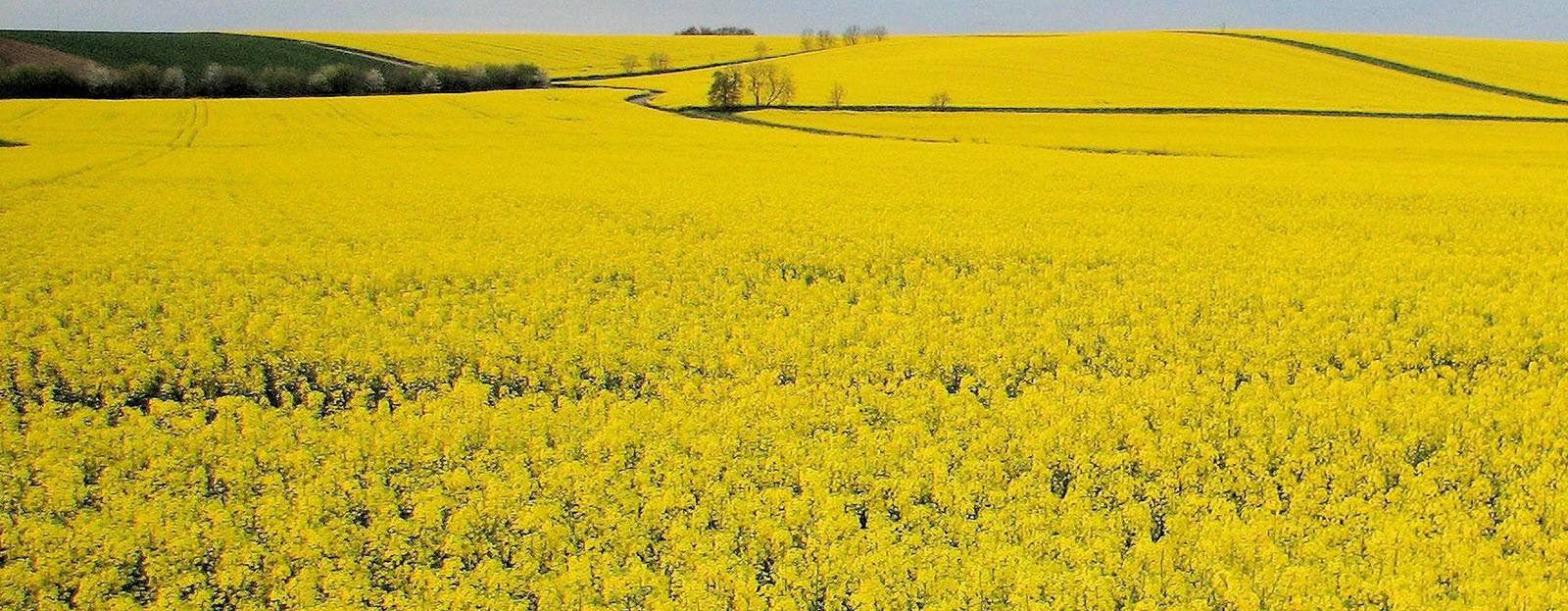
In a recent study, Saskatchewan’s farmers were recognized for setting new standards in sustainable agriculture. The 2022 study, a collaboration between the Global Institute for Food Security (GIFS) at the University of Saskatchewan (USask) and the Food Systems PRISM Lab at the University of British Columbia, focused on the carbon footprint of five Canadian crops: canola, non-durum wheat, field peas, durum wheat, and lentils.
Dr. Steve Webb, CEO of GIFS, praised the farmers’ adoption of innovative practices, stating, “The sustainable practices include reduced tillage, the adoption of herbicide-tolerant canola, the variable-rate application of fertilizer, a robust crop rotation system, and the production of nitrogen-fixing pulse crops.”
This eco-conscious approach has led to Saskatchewan’s canola having a 67% lower carbon footprint than the global average, with field peas and lentils showing even more dramatic reductions.
“The world-leading agronomic and sustainable farming practices being adopted by our world-class producers are the driving force behind these results,” remarked Agriculture Minister David Marit.
“USask has empowered Saskatchewan researchers and ag producers for over 100 years through new science, technology, and policies that sustainably feed the world. We are very pleased with the results of this study, and I know our faculty, students, and researchers will continue to lead and create innovative solutions for the environmental and agricultural challenges the future will bring,” said Baljit Singh, vice-president of research at USask.
USask’s involvement in the study reflects its long-standing commitment to sustainable agricultural research and development. These results, essential for the future of Canadian agriculture, highlight the need for science-based regulations that recognize regional differences in farming practices.
With this study, Saskatchewan’s farmers are feeding the world and leading it towards a greener, more sustainable future.

